As an obstetrician-gynecologist for over 20 years, I have spent years caring for women throughout every stage of their lives, from adolescence to their reproductive years to menopause and beyond. It is immensely gratifying — and the privilege of my life and work —to help women navigate major life-stage changes like conception, childbirth, and my area of special interest, perimenopause and menopause.
Women entering perimenopause and menopause may experience complicated feelings about this transition in their lives. I know how sensitive and foreign this time can be, both physically and emotionally, and that is why I am so passionate about providing compassionate, empathetic care. Many of the symptoms of menopause, like hot flashes, vaginal dryness, insomnia, mood swings and others, can be distressing and disruptive to patients’ day-to-day lives.
For some perimenopausal patients experiencing these symptoms, I recommend bioidentical hormone replacement therapy (HRT) as an effective course of treatment. It’s important for patients considering HRT for their menopausal symptoms to understand what hormone therapy is, what it treats, the types of therapies available to them, and the possible side effects that may occur.
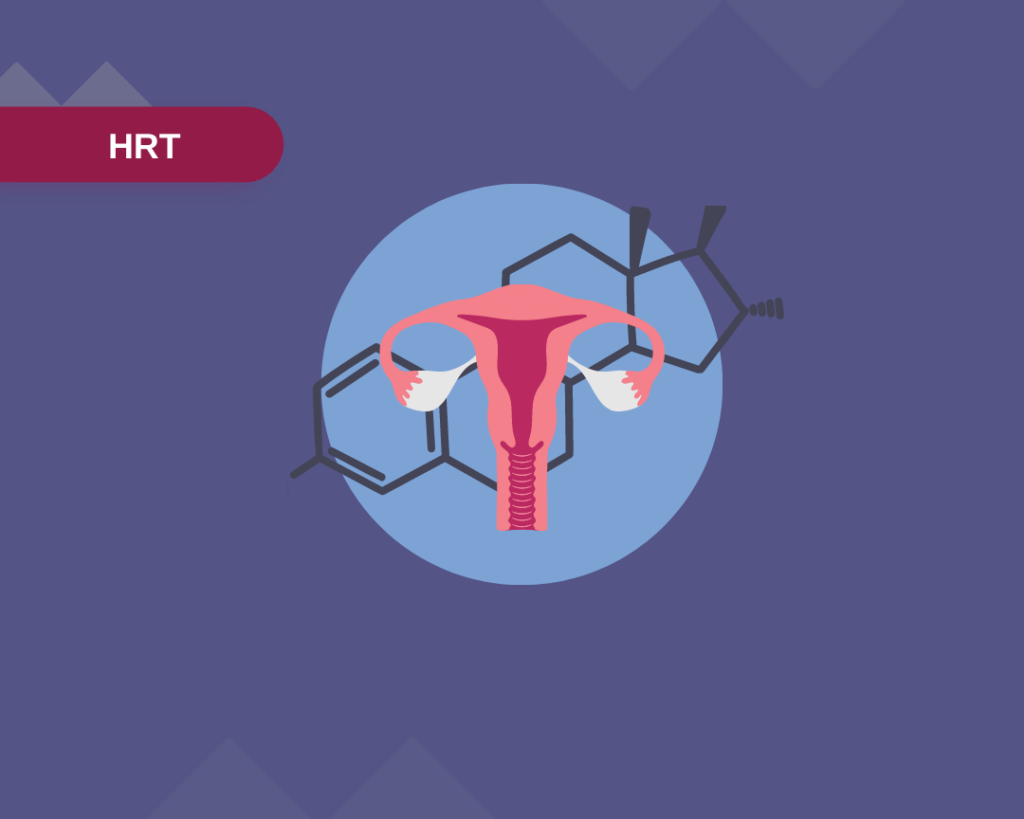
What is hormone therapy?
During menopause, the female body slowly stops producing its own estrogen and progesterone. Hormone replacement therapy (HRT) supplements and balances the body’s existing estrogen supply to help ease uncomfortable symptoms and make the transition to post-menopausal life easier. HRT can also be a proactive treatment to help prevent bone density loss and fractures during menopause.
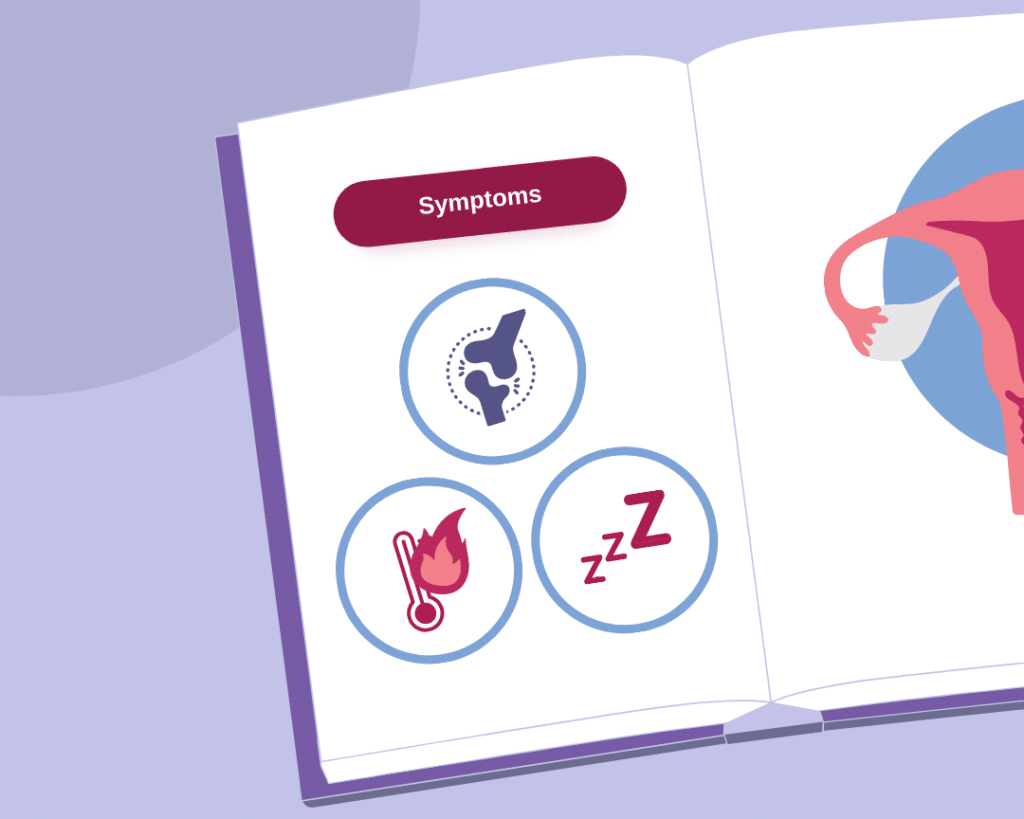
What does hormone therapy treat?
Hormone therapy can treat many of the most uncomfortable, distressing — and, let’s be honest, downright annoying! — symptoms of menopause, including:
- Hot flashes
- Vaginal dryness, itching, burning & painful intercourse
- Decreased sexual desire/libido
- Increased urinary tract infections (UTIs)
- Night sweats
- Fatigue and/or insomnia
- Headaches
- Bone loss (osteoporosis)
Other benefits include reduced risk of bone fractures, improvement of joint pain, decreased tooth loss, and lower risks of both colon cancer and diabetes.
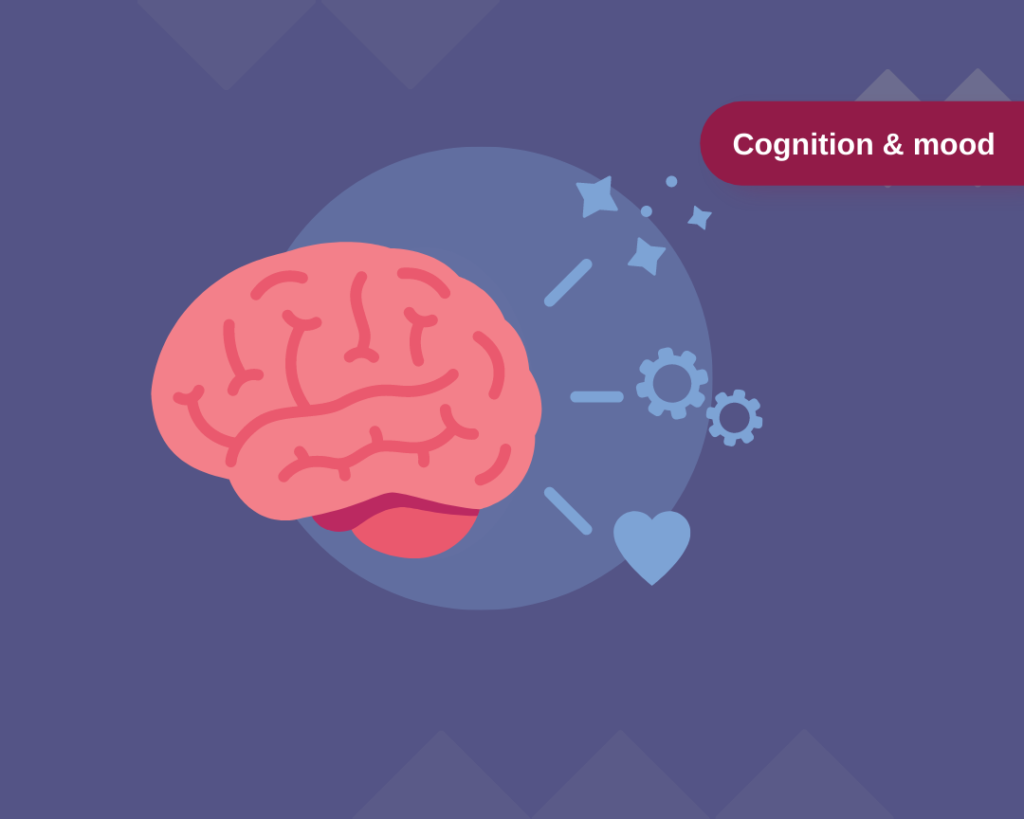
Hormone therapy for cognition & mood
In addition to its efficacy as a treatment for menopausal symptoms, many patients also find that HRT helps improve their mood and overall sense of well-being during menopause. Symptoms such as depression or “brain fog,” a colloquial term for cognitive issues like memory loss, difficulty concentrating, dizziness and occasional confusion, can decrease with HRT treatment.
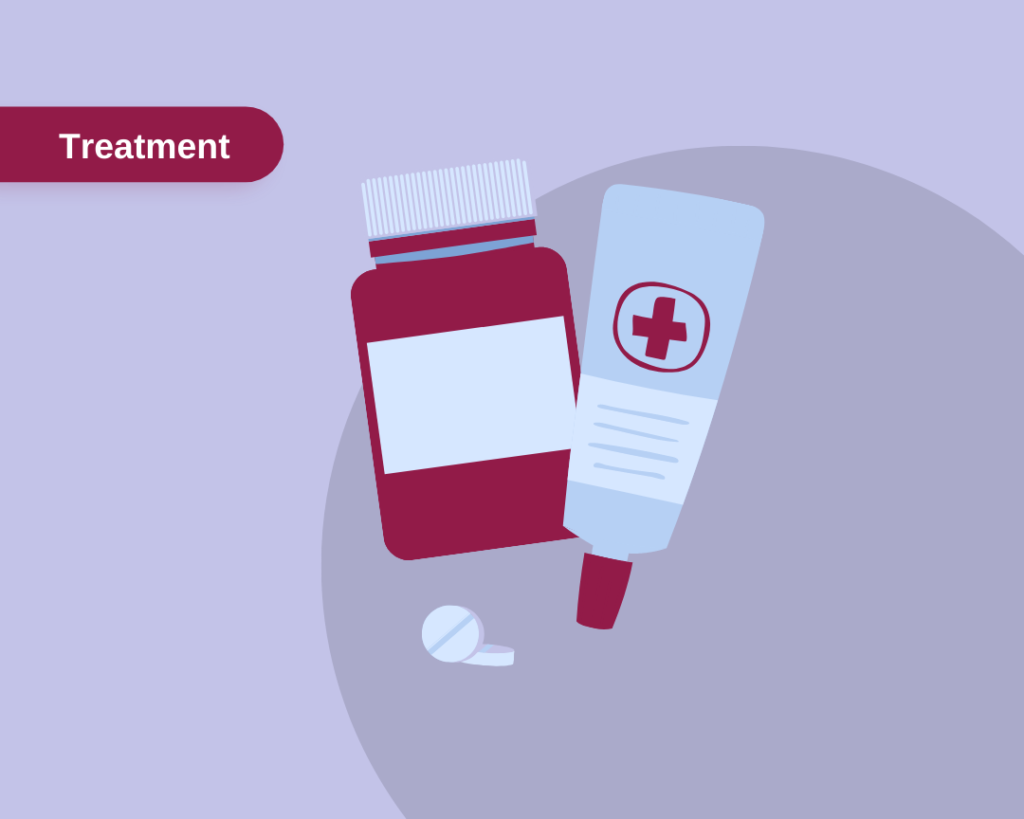
Types of hormone therapy for women
There are a variety of preparations of bioidentical HRT, including oral tablets or pills, transdermal patches, transdermal creams, and transdermal pellets. The types of delivery system that will work best for you will depend on your perimenopausal or menopausal symptoms and your doctor’s assessment of which hormone(s) should be supplemented during treatment. For example, a vaginal cream or suppository would be well-suited to treat symptoms like vaginal dryness or discomfort, but less successful in treating symptoms like insomnia or hot flashes, which may be better treated by an oral tablet, hormone patch or transdermal pellet.
If you are a woman who has a uterus and you are taking estrogen as part of your HRT treatment, you will need to take progesterone as well to lower your risk of uterine cancer. If you do not have a uterus, you may take estrogen alone.
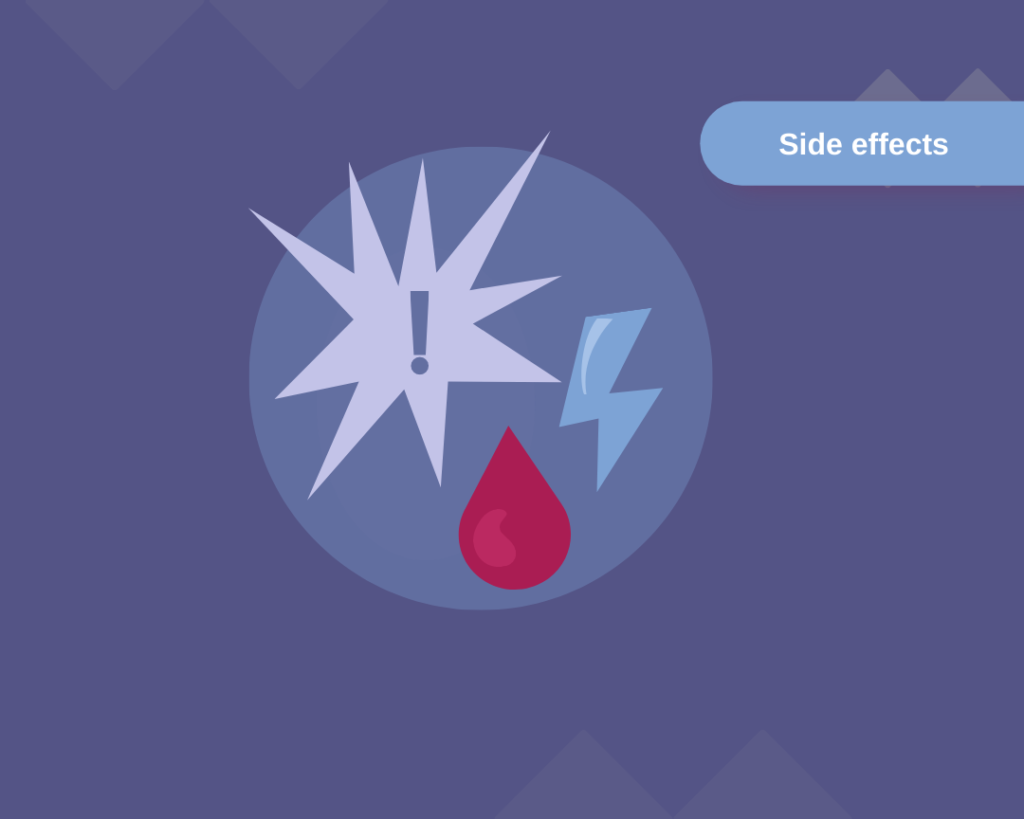
Does hormone therapy have side-effects?
The type of hormone therapy we administer at Denali OB-GYN, bioidentical hormone replacement therapy, is generally well-tolerated by most patients. Because bioidentical hormone replacement therapy delivers a consistent level of hormones to the patient (No hormonal roller coaster!) this form of HRT has fewer side effects than its oral or topical counterparts.
But, as with all medical interventions, there are some associated side-effects to HRT injections that patients should be aware of before committing to the treatment. Side effects are often mild and temporary, resolving as the body adjusts to the treatment, though serious or long-term side effects can occur.
HRT in general has been associated with an increased risk of blood clots, stroke, gallbladder disease, heart disease, dementia and some cancers in certain patient populations. The degree to which you may need to consider these risk factors depends largely on your age, pre-existing health conditions (if any), family health history and the type of HRT you are considering. Your physician will talk with you about your specific risk factors and help you decide whether the potential relief offered by HRT outweighs the possible side effects.

How we can help
Bioidentical hormone replacement therapy is one of the many ways I can offer help, relief and healing to my patients experiencing menopausal symptoms. I am undeniably passionate about treating patients in the perimenopausal and menopausal stages of their lives, because I know how impactful this time can be. It is as transformative as it is challenging, and I am honored to help support women through that journey with evidence-based, inclusive, trauma-informed care that makes a positive difference in their lives.
If you are interested in learning more about your treatment options, including hormone replacement therapy, please do not hesitate to reach out to our clinic to schedule an appointment with me or any one of my talented, knowledgeable peers at Denali OB-GYN. We would be honored to help you live your best, healthiest and most comfortable life before, during and after menopause.

